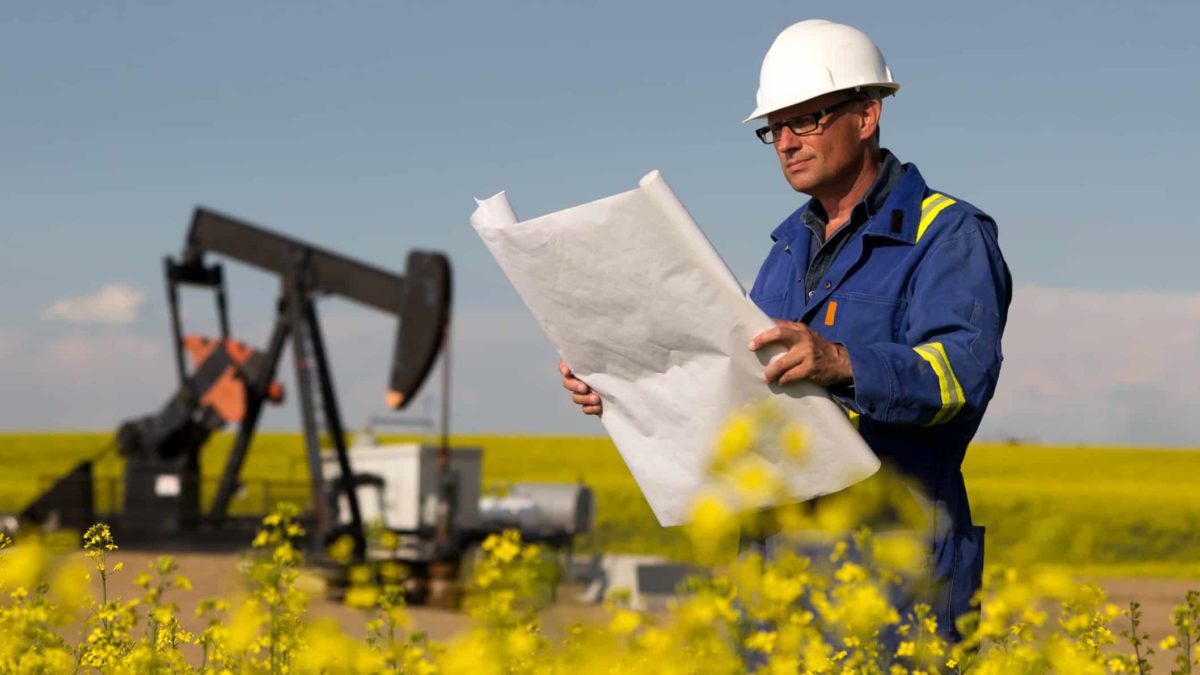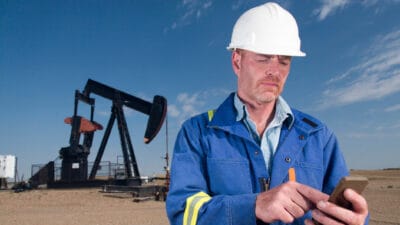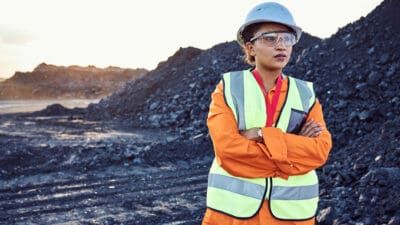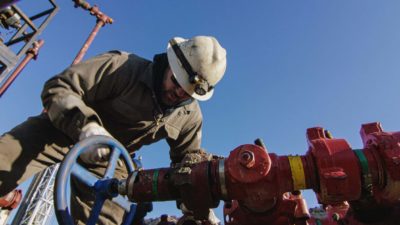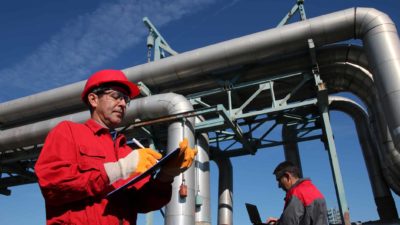AGL Energy Limited (ASX: AGL) shares closed down 0.5% yesterday, having recouped intraday losses of 1.5%.
The S&P/ASX 200 Index (ASX: XJO), meanwhile, ended in the green, up 0.5%.
AGL, and Australia's other energy companies including Origin Energy Ltd (ASX: ORG), are in the spotlight as the nation looks to cut its carbon emissions, potentially to net zero by 2050.
Below we take a look at some key takeaways from Capgemini's 23rd edition of the World Energy Markets Observatory.
Clean, reliable and affordable
Among the core measures stressed in the report is the need for Australia, and the world, to keep a lid on energy prices "while accelerating the global transition to clean energy".
And if you thought that the global pause many of us took to mitigate the impacts of the pandemic put a big dent in CO2 emissions, think again.
According to Capgemini:
Consumption and emissions decreases stemming from the COVID-19 pandemic did not lead to a sustained emissions decrease compatible with the 1.5°C global warming objective for 2100.
In a dire warning, the report notes, "If current trends continue, the world may experience a temperature increase of 1.5 °C as early as 2025–2030."
And while renewable costs have been falling, Capgemini expects costs will level out in "coming years" as capital costs and, importantly, critical green energy metal prices rise.
Overall, the transition away from fossil fuel based energy sources to renewables isn't going to come cheap.
To reach net-zero emissions in line with the Paris climate agreements, Capgemini estimates investments in low carbon technologies will have to ramp up 5 to 10 times every year between now and 2040.
As for AGL shares?
The report notes that the number 1 priority is, "Utilities transformation roadmaps must be reconsidered in a post-COVID world" for the energy transition to carbon neutrality.
Philippe Vié, Vice-President energy and utilities sector at Capgemini said:
In this year's World Energy Markets Observatory, we see the need to maintain energy affordability while accelerating energy transition efforts. Emerging technologies and new use cases across the energy value chain, including green hydrogen, CCUS, storage, and e-mobility, will play a critical role in helping the world achieve a net zero future.
Australia's big 3 energy producers
The big 3 energy producers down under, the report notes, are AGL, Origin and EnergyAustralia.
It says that together these 3 companies hold 64% of the small electricity and 83% of the small gas market.
And Australia has some way to go before reaching the lofty goals set in the Paris Accord.
In 2020, according to Capgemini, renewable energy was responsible for 24% of Australia's total electricity generation.
AGL's sustainability stance
The ASX 200 energy giant, addressing its responsibilities to move towards a low carbon future, notes:
At AGL, sustainability means thinking about our long-term responsibilities towards our customers, our people, our investors and to our community, and to the environment in which we all work and live.
We're focused on delivering affordable, reliable, lower-carbon and innovative energy solutions for all of our customers, including those experiencing financial hardship…
We are also committed to taking a conscientious approach to the environment by actively working to reduce greenhouse gas emissions and manage our environmental footprint.
How have AGL shares been performing?
AGL shares have struggled since hitting all-time highs in May 2017.
Over the past 12 months, shares are down 55%, compared to a gain of 19% posted by the ASX 200.
The past month has been kinder to AGL shareholders, with the share price up 3% while the ASX 200 fell 1%.

